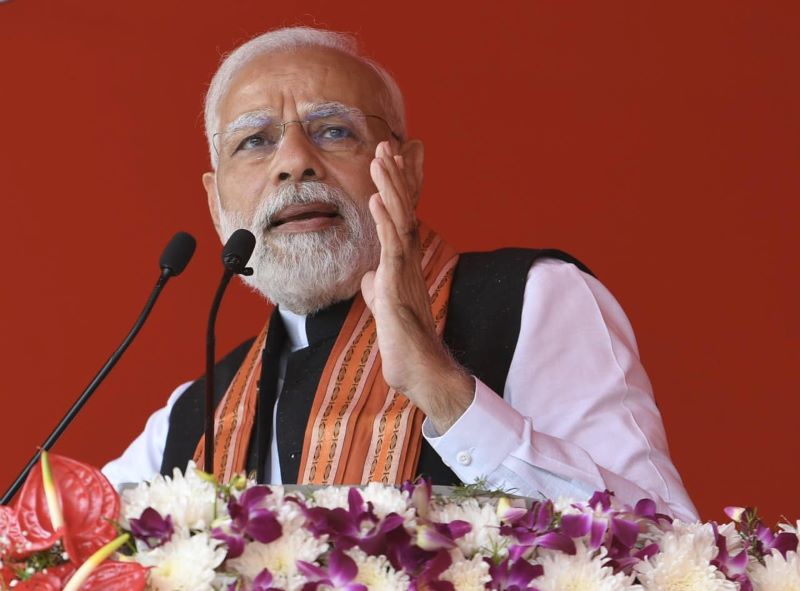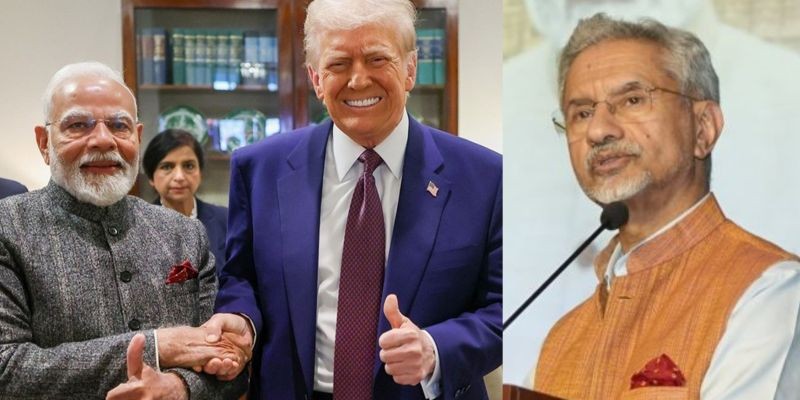Modi govt 'ready' to discuss Manipur issue in Rajya Sabha today

New Delhi/IBNS: The central government is "ready to discuss" the violent ethnic clashes that occurred in the northeastern state of Manipur in Parliament's Rajya Sabha on Monday.
Amid sloganeering by the opposition leaders, Rajya Sabha chairman Jagdeep Dhankhar said the government is "ready" for a discussion at 2 pm.
Congress president and Rajya Sabha floor leader, Mallikarjun Kharge, has however demanded a statement from Prime Minister Narendra Modi on the issue in Parliament.
A delegation of 21 MPs, belonging to constituents of the INDIA alliance, met Governor of Manipur Anusuiya Uikey at Raj Bhavan on Sunday and discussed the prevailing situation in the troubled North Eastern state.
The team, led by Congress Lok Sabha leader Adhir Chowdhury, was on a two-day visit to Manipur since Saturday and went to various relief camps in Churachandpur, Bishnupur and Imphal districts where they met the violence-hit people.
In a peak of the ethnic clashes that have been occurring in the state for months, a horror video from Manipur showed two women being paraded naked by a mob.
According to reports, the government also wants to run the trial outside the northeastern state, which has been witnessing violence for the last three months. An affidavit will be filed on this.
The video from Manipur, which became viral ahead of the monsoon session of Parliament, continues to create massive ruckus in both houses with the opposition demanding a statement from Prime Minister Narendra Modi over it.
When it was made clear that PM Modi would not give a statement on the same, the opposition moved a no-confidence motion against the government in Lok Sabha that had been accepted by Speaker Om Birla.
The violence in Manipur has even drawn global attention with the European Parliament adopting a resolution on the human rights situation in India, with particular reference to the recent clashes in Manipur.
The Indian foreign ministry has, however, called the Manipur issue as an "internal matter" stating that the European Parliament's move reflects a "colonial mindset" and is "unacceptable".




